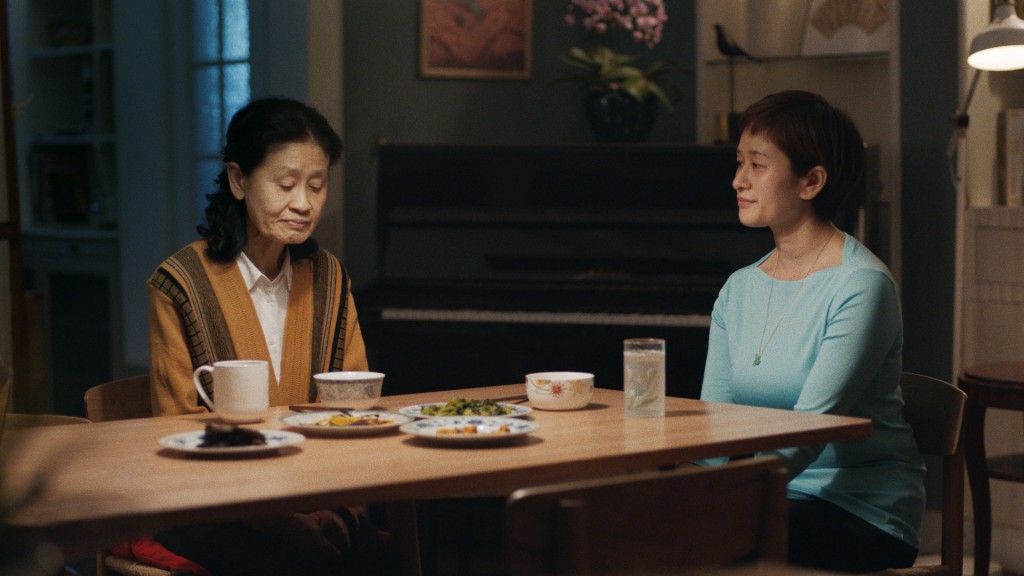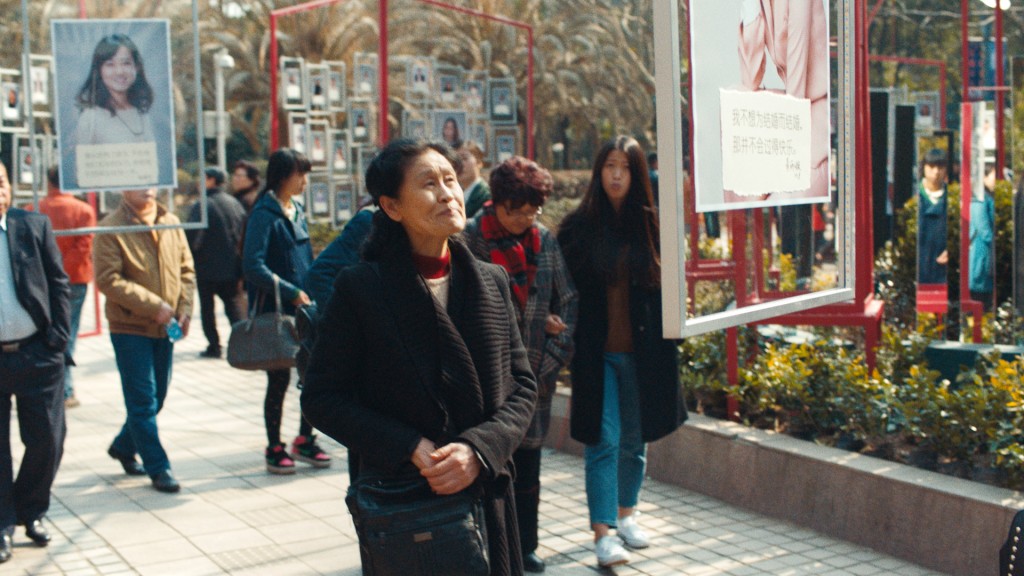I have always loved being a woman. I always felt that, instead of limitations in life, I had a greater range of choices than a man. I was brought up to believe that I could accomplish anything, if I chose to. That I had choices and could define my priorities however I liked. I could be a wife and a mother, or I could choose not to. I could work full time, or part time, or not at all.
Or I could do all of that, wrapped up into some unique package that is MY life.
So, when I heard about the #changedestiny global campaign, I could feel the passion of the producers in combating the concept of the “Sheng Nu”.
”Sheng Nu literally translates to ’leftover woman’”, says Li Yu Xuan, a 33-year old single Chinese woman. ”It refers to women over 25 who are not married.” In a new film by International Prestige Skincare Brand SK-ll, Xuan and others are voicing their concerns, asking for better understanding.
Last year, International Prestige Skincare Brand SK-ll, launched #changedestiny – an ongoing global campaign to inspire and empower women to shape their own destiny. As a part of this campaign SK-II has been sharing stories of women who overcame challenges and barriers that were preventing them from achieving their dreams and goals. The success stories of these women have become a source of inspiration to women around the world. In keeping with this theme, they are now premiering the film ”Marriage Market”, putting a spotlight on the real-life issue of Chinese women being pressured to get married before they turn 25. In it, a number of brave Chinese women have daringly chosen to speak their mind about one of the most controversial subjects in recent Chinese history, the ”Sheng Nu” label. According to The New York Times, the term was made popular by the All-China Women’s Federation in 2007 and translates to ”leftover woman”. As has been reported by the BBC, The New York Times and China Daily, the term has been used to denounce women who, regardless of the reason, want to wait with marriage – women who simply want to marry for love.
But as the film shows, marrying for love can be easier said than done. In many Chinese cities so-called marriage markets are a common sight. Here, parents go to post, compare and match personal ads, listing the height, weight, salary, values and personality of their sons and daughters. In some cases, women are unaware that their parents have listed them at a marriage market. The markets are a symbol of the different views on marriage between two generations which lead to the pressure put on women by their families. In the film, many interviewees describe that they are torn between trying to meet their parents’ expectations to build a family, while at the same time wanting to choose their own path in life.
With this campaign, SK-II is taking a positive approach in helping these women face the pressure and the film shows the marriage market in Shanghai’s People’s Park being taken over. A huge and beautiful installation was made with SK-II’s own ”marriage ads” that were in fact not ads but messages from hundreds of independent women, stating that they want to be in control of their own destiny. By doing so, a platform was created from where the women could voice their thoughts.
On this platform, the women are shown to be happy, independent and confident – the opposite of the desperate image of Sheng Nus often being portrayed. The women tell the world how they see themselves and ask for better understanding.
– Even if I’m alone, I will be happy, confident and have a good life, says Hu Ting in the film.
Sharing some of their most personal feelings requires the women to be strong, as they have experienced an increase in pressure from both society, family and friends ever since the phrase Sheng Nu came into use. For many, being unmarried is a great source of anxiety because of the social stigma. This is especially true for women of the growing middle class, whose focus on education, career and independence makes them more inclined to wait and marry for love instead of necessity. A lot of the women SK-II has interviewed have shared stories of how happy and fulfilled they are, but they have failed to convince their parents and friends to see them in the same way they see themselves.
– Being independent is a great lifestyle and it’s the life I want, says Wang Xiao Qi in the film.
Despite living under pressure, these women have advanced and been able to achieve so much in so little time. They are capable, smart, talented and independent, and they are more than their marriage status. Undeterred, they’ve now decided to participate in this film, challenging what it means to be a Sheng Nu in the process. For these women, being successful and independent is something to be proud of and they refuse to conform to age-old traditions.
– I don’t want to get married just for the sake of marriage. I won’t live happily that way, says Li Yu Xuan in the film.
In addition to taking a stand for their right to marry in their own time, the women are asking for support to help change the perception of the word. They want to reconstruct the mutual respect between generations, increase society’s understanding of women’s right to choose their paths in life freely and take control of their destinies.


